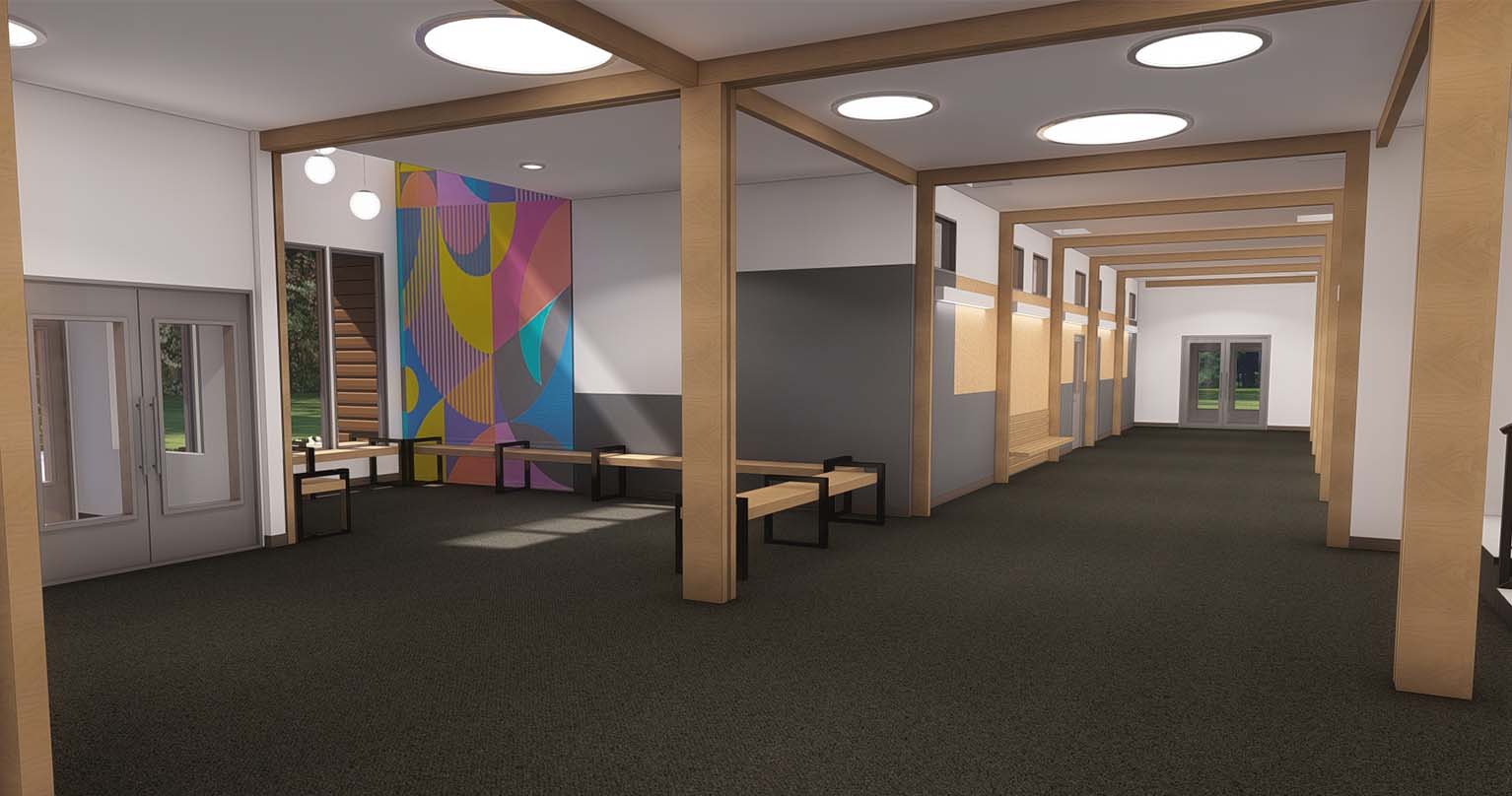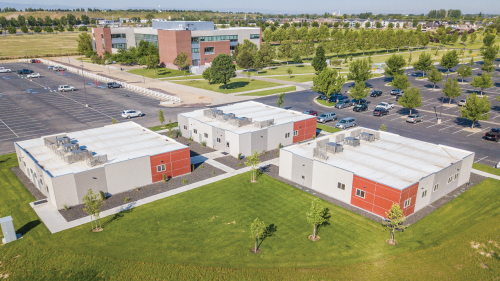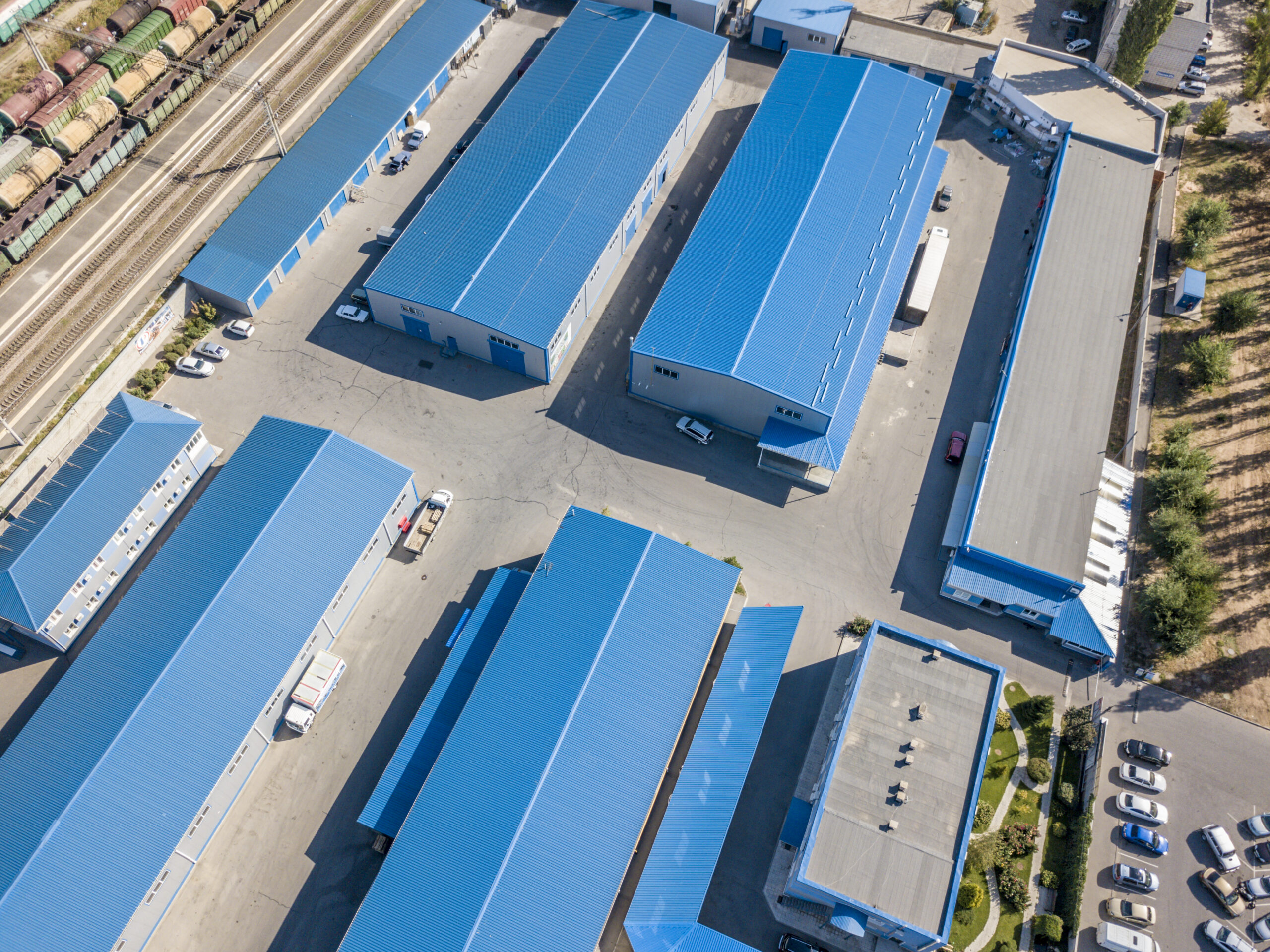
10 Sustainable Materials for Eco-Friendly Modular Structures
In today’s world, the push for sustainable construction has reached new heights and modular construction is leading the charge. Modular construction boasts efficiency, versatility, and prioritizes sustainable materials. Here are ten sustainable materials that are being prioritized in modular structures that mark a significant impact in sustainable architecture.
Recycled Steel
Recycled steel is a powerhouse in sustainable construction. It is incredibly durable, can be recycled multiple times without losing its properties, and reduces the need for new raw materials. Using recycled steel in modular structures minimizes environmental impact and supports the circular economy.
Bamboo
Bamboo is celebrated for its rapid growth and high strength-to-weight ratio. This renewable resource is ideal for modular structures as it is both versatile and sustainable. Bamboo’s ability to regenerate quickly makes it an eco-friendly alternative to traditional timber.
Cross-Laminated Timber (CLT)
Cross-Laminated Timber (CLT) is gaining popularity for its structural performance and sustainability. Made by gluing layers of solid-sawn lumber together, CLT is strong and stable. Its production has a lower carbon footprint compared to conventional concrete and steel, making it an excellent choice for eco-friendly buildings.
Recycled Plastic
Recycled plastic is transforming the construction industry by providing a sustainable alternative to traditional building materials. Modular structures built with recycled plastic benefit from its durability, resistance to weathering, and contribution to reducing plastic waste in the environment.
Hempcrete
Hempcrete, a biocomposite material made from the inner woody core of the hemp plant mixed with a lime-based binder, offers excellent insulation properties and is carbon-negative. It is lightweight, breathable, and non-toxic, making it perfect for sustainable modular homes.
Mycelium
Mycelium, the root structure of fungi, is emerging as a revolutionary building material. It is grown using organic waste and can decompose naturally. Mycelium bricks are lightweight, strong, and have excellent insulating properties, presenting a truly sustainable option for modular construction.
Cork
Cork, harvested from the bark of cork oak trees, is a renewable resource that regenerates itself after harvesting. It is lightweight, insulating, and resistant to moisture and fire. Cork is ideal for flooring, insulation, and acoustic treatments in modular buildings.
Straw Bales
Straw bales are an ancient building material that has made a comeback due to their sustainability. Straw is a byproduct of grain production and is renewable and biodegradable. Straw bales provide excellent insulation and can be used in walls, reducing the need for synthetic insulation materials.
Earth Materials
Earth materials, such as rammed earth and cob, are sustainable options that have been used for centuries. These materials offer excellent thermal mass, helping to regulate indoor temperatures. They are also readily available and require minimal processing, making them eco-friendly choices for modular construction.
Wool Insulation
Wool insulation, made from sheep wool, is a natural, renewable, and biodegradable material. It offers superior thermal and acoustic insulation properties and is resistant to mold and mildew. Wool insulation is also safe to handle, making it a great sustainable option for modular homes.
Modular Construction Paves the Way for a More Sustainable Future
Using sustainable materials in modular structures is beneficial for the environment and enhances the quality and longevity of the buildings. By choosing materials like recycled steel, bamboo, CLT, and others, we can create eco-friendly modular structures that are both innovative and sustainable. Embracing these materials is a crucial step towards a more sustainable future in construction.
Pacific Mobile Structures puts sustainability and best in green practices at the forefront of their business with their reconditioning process and their SAGE product line. Maintaining over 3.7 million square feet of mobile office space and keeping the quality of our products consistent and eco-friendly is important to us.
When a building returns to our yard after use, we bring it into the shop, take it all the way down to the studs, and refurbish it to a condition good as new. Additionally, our SAGE Classrooms and SAGE Campuses feature improved HVAC systems that incorporate energy recovery for energy conservation, more and bigger windows increase natural daylight for less use of electricity, steel floor structures for longevity, and environmentally safe building materials.
Ready to step into the future with sustainable construction methods? Reach out to our team today and get started on your project tomorrow.



